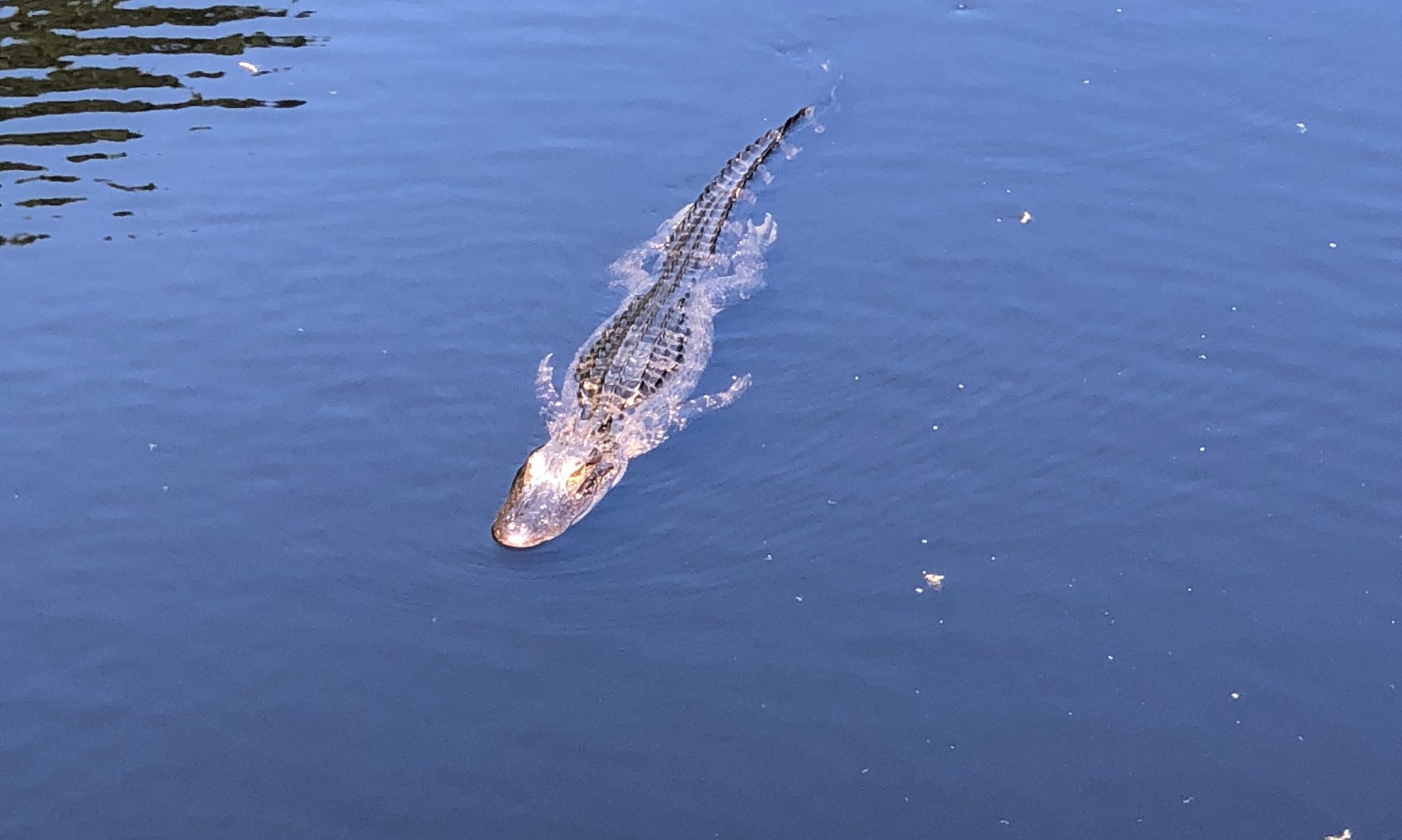Law XIII: The delivery of medical care is to do as much nothing as possible.
Samuel Shem, The House of God
I reread The House of God recently. It is an irreverent look at medical care written in 1978. It is about a young intern, Dr. Roy Basch who is being mentored by a senior resident and learning about delivering care in the hospital, affectionately called The House of God. In this book, there are numerous rules about taking care of patients. Some of them are actually extremely useful even if I would never model my behaviors by anything else in this book. For example, Law III: At a cardiac arrest, the first procedure is to take your own pulse. I actually find this is great advice, because sometimes the first thing to do is to take a big breath before a high anxiety situation. There is also Law IV: The patient is the one with the disease. At the end of the day the deliver of healthcare really needs to be patient-centric.
In my most recent reading of the book, I really took notice of Law XIII: The delivery of medical care is to do as much nothing as possible. It’s hard to see how this is happening when we spend 17.9% of the Gross Domestic Product on healthcare. In the book, this rule came about when some of the young doctors were actually making patients worse by performing procedures and doing diagnostic tests on patients. This should not come as a surprise as most us become doctors to help people and we always want to do something. The key is doing the right something.
Around the time I was reading this book, I read Ending Medical Reversals by Vinayak K. Prasad and Adam S. Cifu. This is an interesting book about how many times in medicine we have started going procedures and they turn out to not having compelling data behind them and when we get new data we ultimately start to recommend something completely new.
One place in medicine where I have found us to be extremely successful in limiting treatment to treatments that work is in the treatment of breast cancer. We have seen surgery go from radical mastectomy (removing the entire breast) to doing lumpectomies (removing the cancer with a small amount of normal tissue around it with an emphasis on preserving the look of the breast). In addition, we have gone from routine axillary lymph node dissections (removal of all of the lymph nodes) to sentinel lymph node mapping (removing certain lymph nodes) to in some cases not recommending the sampling of the lymph nodes at all. We have seen the number of days of radiation decrease in certain situations. Finally, we have seen the proliferation of tests which analyze an individual’s tumor to see wether they would benefit from chemotherapy or can be spared from chemotherapy because it will not provide them a benefit.
I think this is what Dr. Basch and the The House of God was trying to emphasize. Instead of applying every treatment to every patient we are increasingly able to provide personalized care to spare medical and surgical therapies on patients that are not going to specifically benefit that patient.

